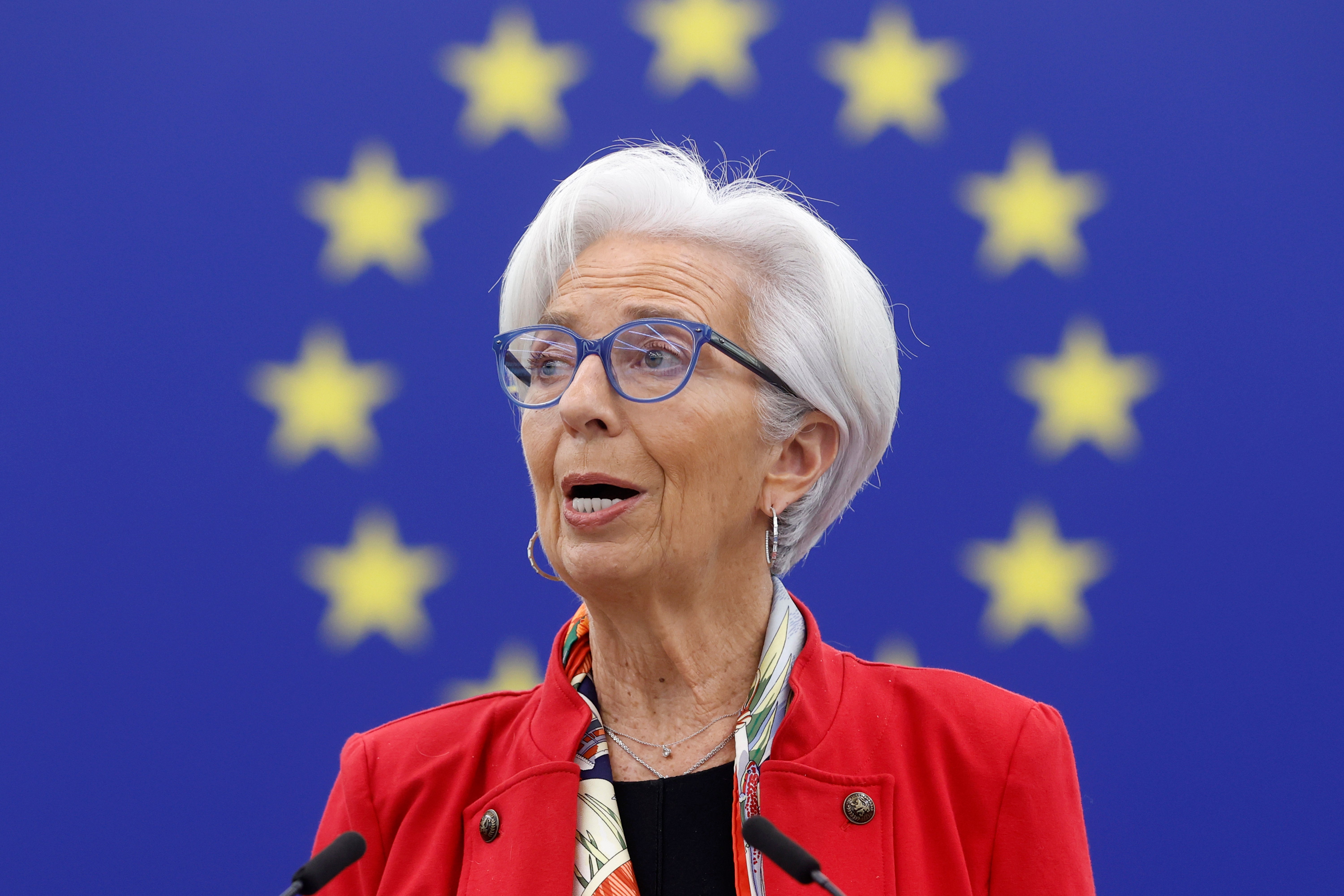Inflation is moving in different directions in Europe. It hit 6.8% in Germany and 1.6% in Spain
Inflation is pushing in different directions in Europe, rising in Germany and falling again in Spain

Your support helps us to tell the story
From reproductive rights to climate change to Big Tech, The Independent is on the ground when the story is developing. Whether it's investigating the financials of Elon Musk's pro-Trump PAC or producing our latest documentary, 'The A Word', which shines a light on the American women fighting for reproductive rights, we know how important it is to parse out the facts from the messaging.
At such a critical moment in US history, we need reporters on the ground. Your donation allows us to keep sending journalists to speak to both sides of the story.
The Independent is trusted by Americans across the entire political spectrum. And unlike many other quality news outlets, we choose not to lock Americans out of our reporting and analysis with paywalls. We believe quality journalism should be available to everyone, paid for by those who can afford it.
Your support makes all the difference.Inflation is pushing in different directions in Europe, rising in Germany and falling again in Spain, official figures said Thursday.
German consumer prices jumped 6.8% in June from a year earlier, up from May’s 6.3%, the state statistics office Destatis said. The figure was boosted in part by a widely used offer of cheap transport tickets last summer, analysts said.
The increase in Europe’s largest economy comes a day before the release of inflation figures for the entire 20-country area that uses the euro currency. Inflation in the eurozone has been falling from its peak of 10.6% in October, coming in at 6.1% in May.
But that is still far above the target of 2% set by the European Central Bank. ECB chief Christine Lagarde has warned inflation is persistent enough to warrant at least one more interest rate hike at the bank’s July 27 meeting.
Higher interest rates are central banks’ chief tool against inflation.
Meanwhile, lower food and energy inflation meant Spain’s consumer price index increased only 1.6% in June from a year earlier, down from 2.9% in May.
Adrian Prettejohn, Europe economist at Capital Economics, said the low Spanish rate was unlikely to influence ECB decision-making “as country-specific factors are taking Spanish inflation much lower than in other countries.”